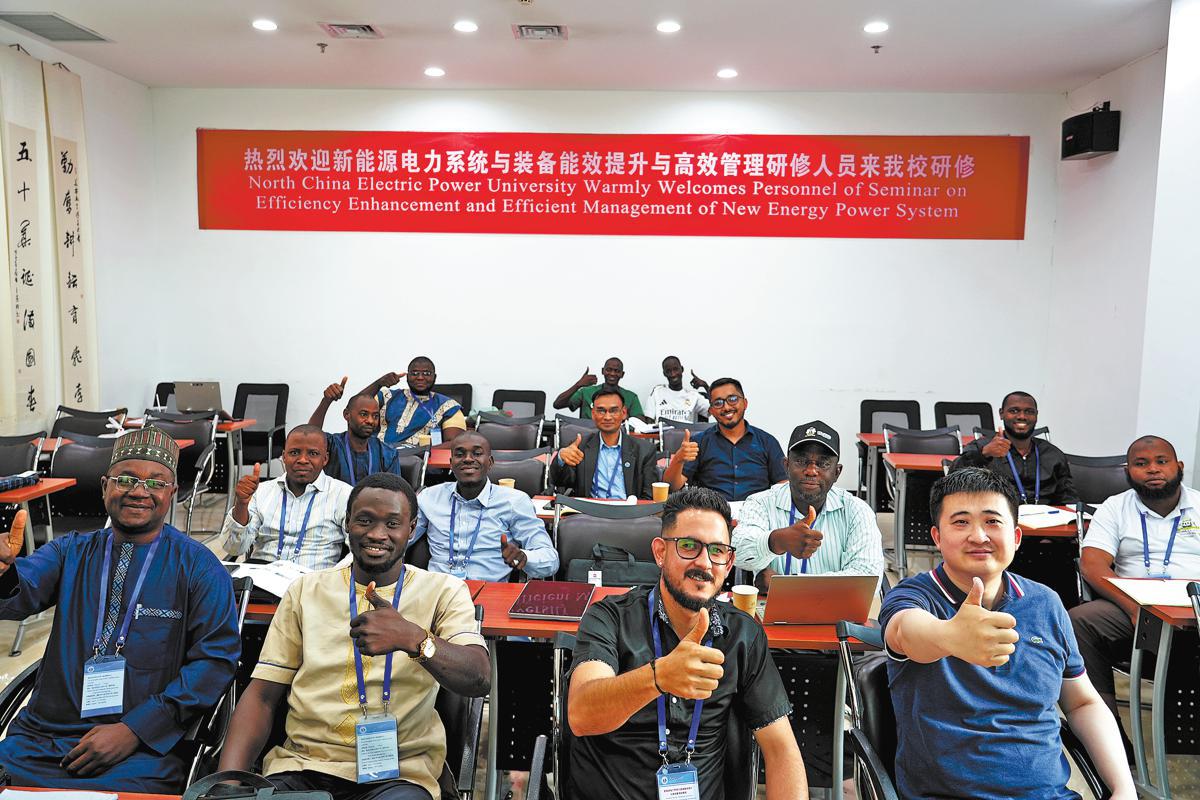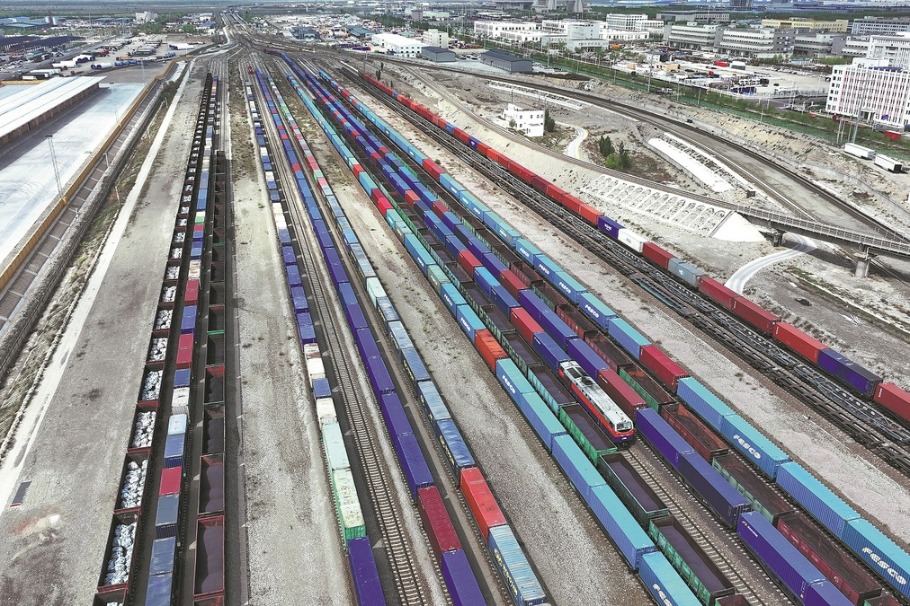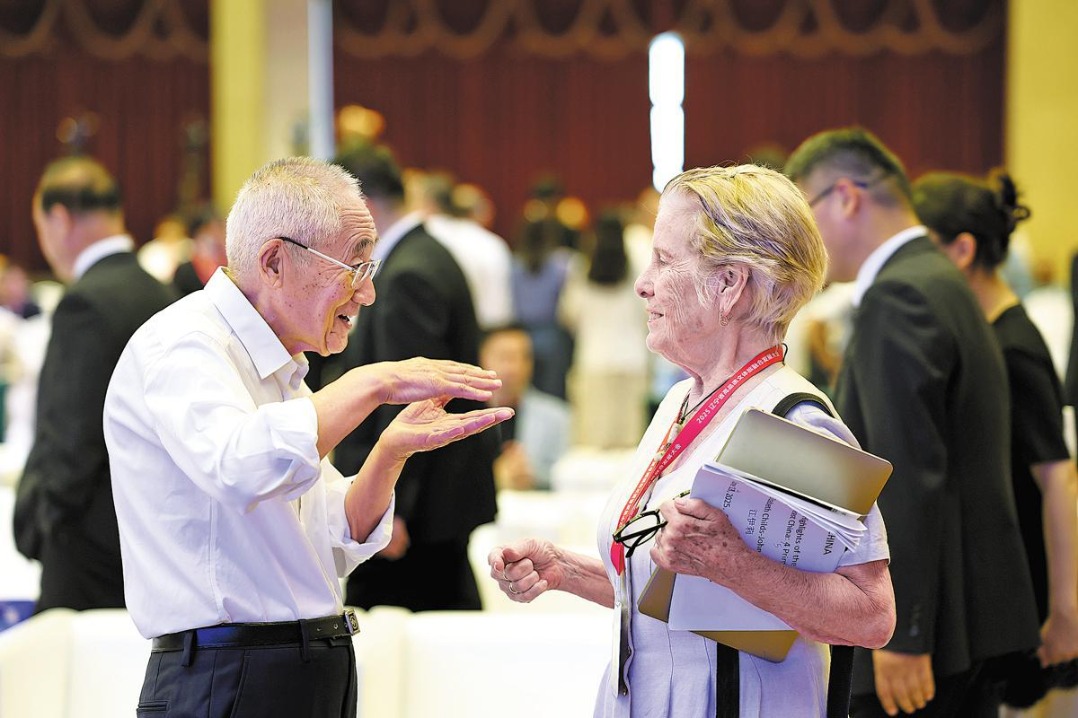China helps 'empower' developing nations
Baoding energy seminar focuses on adapting high-tech to new resources


Lamin K. Marong from The Gambia nearly missed his chance. When the nomination came for an energy seminar in China, he raced against the clock, filling forms and securing approvals.
"The medical certificate alone took me a lot of time and energy," recalled the 37-year-old senior energy expert of The Gambia's Ministry of Petroleum, Energy and Mines. "But I knew it would be worth it."
His determination mirrored the sentiments of 16 officials from Nepal, The Gambia, Nigeria, Cuba, Tanzania and Ethiopia who gathered at the Baoding Campus of North China Electric Power University in Baoding, Hebei province. They came seeking efficiency enhancement solutions to new energy power systems.
As the global energy transition accelerates, the power industry — which serves as the core hub of the energy system — plays a crucial role in achieving sustainable development for developing countries, said an official in the university.
Against this backdrop, China's Ministry of Commerce launched a foreign aid human resources development program, hosted by NCEPU.
The program aims to enhance the development of the power industry in developing nations through technical exchanges and experience-sharing, while strengthening collaboration and friendship between China and developing countries in the energy field, according to the university.
The three-week program, held from May 8 to 28, blended lectures on cutting-edge topics such as ultra-high-voltage transmission and battery storage systems with field visits to companies pioneering these technologies.
Professor Wang Fei, who taught courses on renewable energy power generation forecasting technology and demand response, tailored his lessons to fit diverse national realities. "Developing countries generally face the contradiction of abundant new energy resources but weak grid technology," he said.























